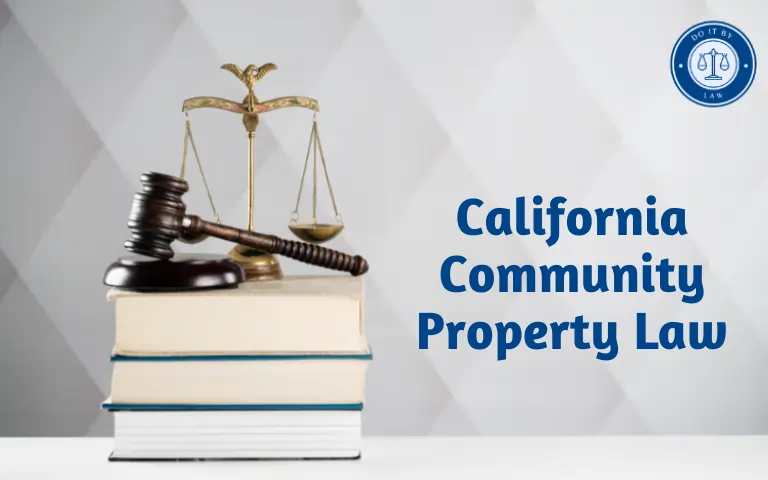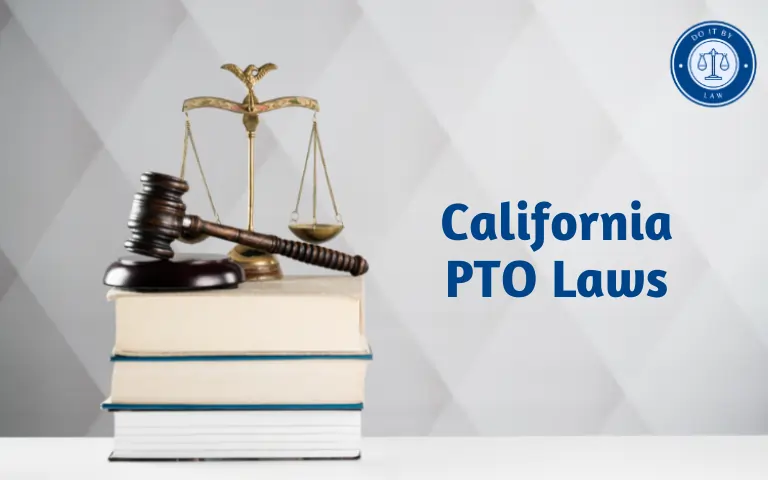California Community Property Law: What You Need to Know
How should property and debt be divided when a marriage or domestic partnership ends in California? The California Community Property Law guides this complex issue.
California is one of 9 community property states. The law presumes most assets and debts acquired during a marriage are jointly owned by both spouses or partners, no matter whose name is on the title or account. But community property laws include nuances that trip up many couples.
Read on for an overview of key issues like division upon divorce, inheritance, and more under California’s take on community property.
A Long History of Shared Ownership
California State enacted its first community property statutes way back in 1850 when it joined the United States. The concept comes from Spanish civil law, which viewed marriage as an equal economic partnership.
Community property reflects the idea that both spouses contribute to a marriage, whether by earning money or taking care of the home and family. So property acquired during the marriage should be shared.
Over the years, California’s community property rules have been revised to reflect society’s evolving views. But the basic principle remains that marriage is a joint endeavor, so property should be divided equally.
Applies to Married and Registered Domestic Partners
California’s Family Code defines community property rights for both married couples and registered domestic partners. So the law covers:
- Opposite-sex married spouses
- Same-sex married spouses
- Registered domestic partners, either same or opposite sex
The law does not apply to couples simply living together without marriage or registration. Only legal unions create community property rights.
California Community Property Law Presumption of Joint Ownership
Here is the key presumption under community property law: Any assets or debts acquired during the marriage or partnership are jointly owned by both members of the couple.
It doesn’t matter if one spouse earned the money or signed for the loan or mortgage. Both share equal ownership interests.
This presumption can be rebutted in certain cases, which will be explained later. But in general, property acquired during marriage is community property by default.
What Can Be Separate Property?
While most assets and debts acquired during marriage are community property, California law carves out exceptions called separate property. These assets belong solely to one member of the couple. Separate property includes:
- Assets owned before the marriage
- Inheritances and gifts received by one spouse only
- Damages or settlement for personal injury of one spouse
- Assets acquired after separation or filing for divorce
- Assets specifically agreed to be separate property in writing
The income from separate property is also considered separate. For example, rental income from a house one spouse owned before marriage would be their separate property.
California Community Property Law Mixing Separate and Community Property
Separate property can lose its status if it becomes too mixed up or “commingled” with community property. This often happens when separate funds are used to improve community property.
For example, if one spouse uses $50,000 of inheritance money to remodel the kitchen in the jointly owned house, the inheritance may lose its separate status. The community has gained value from the expenditure of separate funds.
Division Upon Divorce
The main event where community property law comes into play is divorce. California is a “community property” state, which means marital assets and debts are divided equally in a divorce.
So any community property – assets acquired during the marriage – will be split 50/50. This includes the house, retirement, and investment accounts, cars, furniture, and everything. It does not matter which spouse earned the money.
Separate property remains with the owner, although the court has the power to divide it equitably in some cases.
California Community Property Law Inheritance and Community Property
A common misconception is that community property becomes joint property after the death of a spouse. This is not the case.
If one spouse dies, their 1/2 share of community property can only be passed down or gifted to the other spouse according to their will or trust. The surviving spouse does not automatically inherit all community property.
Any separate property belongs solely to whoever inherited it, either the deceased spouse or their heirs. The laws of wills, trusts, and probate dictate where separate property goes.
Registered Domestic Partners
As mentioned earlier, California extends full community property rights to registered domestic partners – same-sex or opposite-sex couples who file for a partnership. Registered partners have the same protections as married spouses when it comes to equitable division of assets.
If the partnership ends and no domestic partner agreement states otherwise, community property is divided 50/50. This includes any retirement benefits, like pensions or 401(k) plans.
California Community Property Law Impact of Title Ownership
Often people assume that whoever holds title to property or is named on the loan, owns that property. But in community property states like California, the title is irrelevant. Joint ownership is presumed.
So if the house is only titled in Husband’s name, it’s still community property. If the Wife’s name is the only one on the credit card debt, the Husband still owes half. Don’t rely on title ownership to determine property rights.
California Community Property Law Changing Ownership Rights
Spouses can change community property rights through agreements like:
- Prenuptial agreement – Sets property and support rights before marriage
- Postnuptial agreement – Changes rights during the marriage
- Transmutation agreement – Converts separate property into community, or vice versa
These agreements must be written, notarized, and adhere to complex rules. Legal advice is necessary to ensure they are done properly.
The Takeaway
- California presumes assets and debts acquired during marriage or registered partnership are jointly owned.
- Exceptions exist like inheritances, premarital assets, personal injury awards, etc.
- Property can lose separate status through commingling.
- Divorce triggers a 50/50 split of community property.
- Inheritance laws, not joint ownership, govern property after death.
- Agreements can alter California’s default community property rules.
While this gives a broad overview of community property law in California, there are countless complexities and nuances when applied to real-world situations. Consult an attorney when dividing property to ensure your rights are protected.







